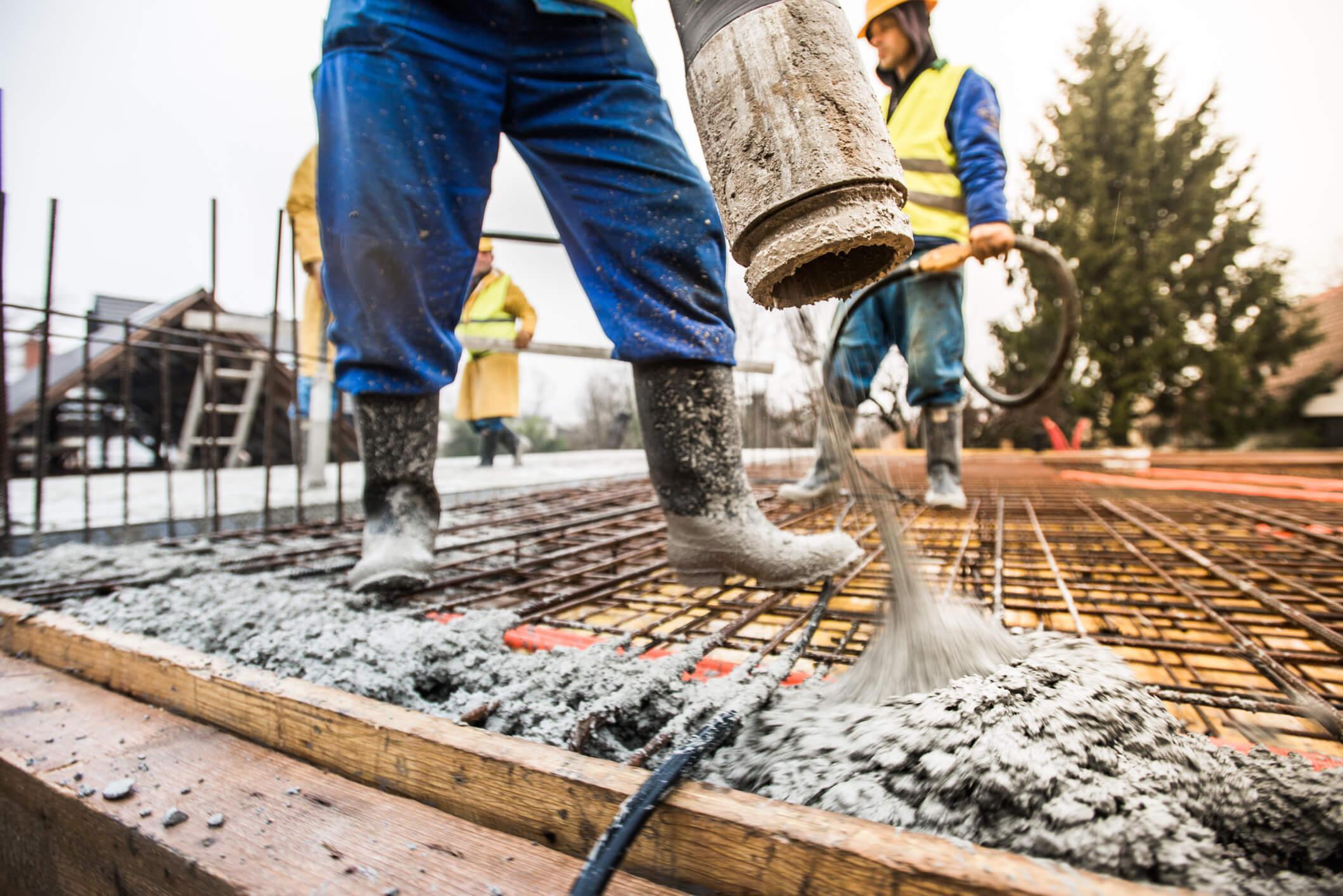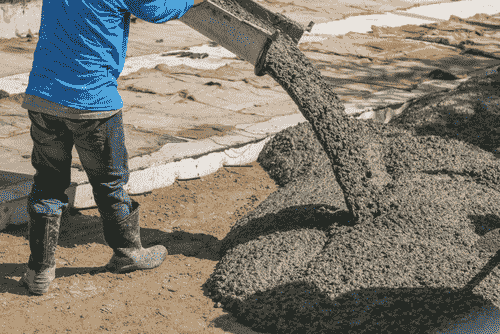Ingenious Concrete Style: Improve Your Building with Custom Concrete Work
Revealing the Eco-Friendly Advantages of Utilizing Recycled Concrete in Sustainable Building Practices
In the world of lasting construction practices, the use of recycled concrete stands as a critical yet often undervalued source. Beyond its standard applications, recycled concrete deals a myriad of eco-friendly benefits that expand far beyond the boundaries of traditional building and construction products. From minimizing environmental impact to enhancing cost-efficiency, the effects of including recycled concrete in lasting building practices are substantial. This versatile material not just addresses pushing ecological worries yet additionally offers a practical service to the difficulties encountered by the construction industry at huge.
Environmental Advantages
By integrating recycled concrete into building and construction methods, there is a considerable decrease in the requirement for new raw products, leading to conservation of all-natural resources. Furthermore, the use of recycled concrete reduces the amount of waste being sent out to landfills, therefore minimizing environmental contamination and easing the strain on land fill capabilities (Concrete).

Moreover, the production of conventional concrete is a significant source of carbon exhausts as a result of the energy-intensive procedure of concrete production. In comparison, recycled concrete has a reduced carbon footprint as it reduces the need for new concrete production. This decline in carbon exhausts contributes to mitigating climate adjustment and sustains sustainable building practices. On the whole, the ecological benefits of making use of recycled concrete are substantial and play a vital role in promoting environment-friendly building approaches.
Cost-Efficiency
Achieving cost-efficiency is a vital factor to consider when assessing the usage of recycled concrete in building tasks. One of the vital benefits of making use of recycled concrete is its cost-effectiveness compared to traditional concrete.
Additionally, using recycled concrete can lead to savings in land fill prices by diverting concrete waste from disposal sites. This not only lowers the ecological impact but also eliminates the expenses associated with waste removal. Moreover, the durability and performance of recycled concrete approach conventional concrete, ensuring that cost savings do not endanger the top quality of the building and construction.
Longevity and Toughness
Taking into consideration the considerable cost-efficiency advantages of using recycled concrete, it is crucial to examine its sturdiness and strength in building applications. Recycled concrete offers similar, otherwise remarkable, sturdiness and stamina properties to standard concrete. Through advancements in handling methods and quality control, recycled concrete can fulfill or surpass the efficiency requirements of conventional concrete. The procedure of recycling concrete includes squashing, sorting, and evaluating old concrete to create accumulations that can be utilized in brand-new building tasks. These recycled aggregates can offering sufficient compressive stamina, longevity, and lasting efficiency.

Waste Decrease
Efficient waste decrease techniques play a vital role in the lasting application of sources within the building and construction industry. Waste decrease is an essential benefit that contributes significantly to ecological conservation when it comes to making use of recycled concrete. Traditional construction techniques usually create substantial amounts of waste, particularly in the form of concrete rubble from demolition sites. By incorporating recycled concrete into construction projects, this waste is repurposed and diverted from landfills, reducing the overall environmental impact of construction activities.
Furthermore, the use of recycled continue reading this concrete can lead to cost savings for building tasks, as it is frequently much more cost effective than sourcing and carrying brand-new materials - Concrete. In final thought, waste decrease via the usage of recycled concrete is an essential component of sustainable building and construction practices that benefits both the setting and the construction sector as a whole.
Energy Conservation
When it comes to using recycled concrete in building and construction, considerable energy cost savings are attained compared to traditional concrete manufacturing. The procedure of generating recycled concrete includes recycling and squashing existing concrete products, which consumes less power than mining, processing, and moving raw products for brand-new concrete production.
Final Thought
Finally, the application of recycled concrete in lasting building methods Click This Link uses many environmental benefits, cost-efficiency, durability, toughness, waste decrease, and energy conservation. By including recycled concrete right into construction projects, we can add to an extra eco-friendly and lasting future. It is crucial for the building industry to focus on making use of recycled products to help in reducing the ecological effect of building and construction tasks.
One of the crucial advantages of utilizing recycled concrete is its cost-effectiveness compared to traditional concrete.In addition, the use of recycled concrete can lead to financial savings in garbage dump costs by drawing away concrete waste from disposal websites. The durability and performance of recycled concrete are comparable to conventional concrete, making certain that expense savings do not jeopardize the quality of the building.
